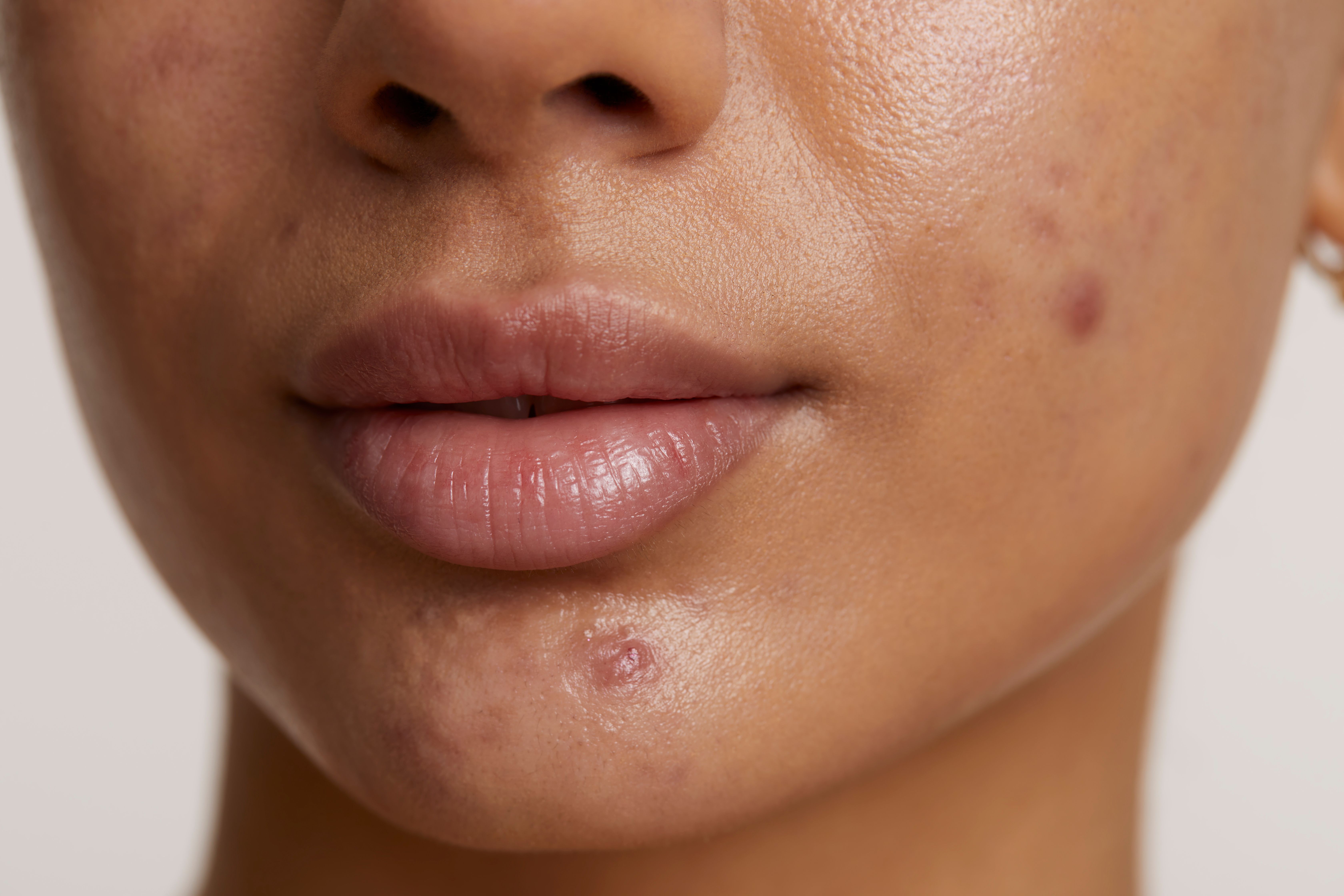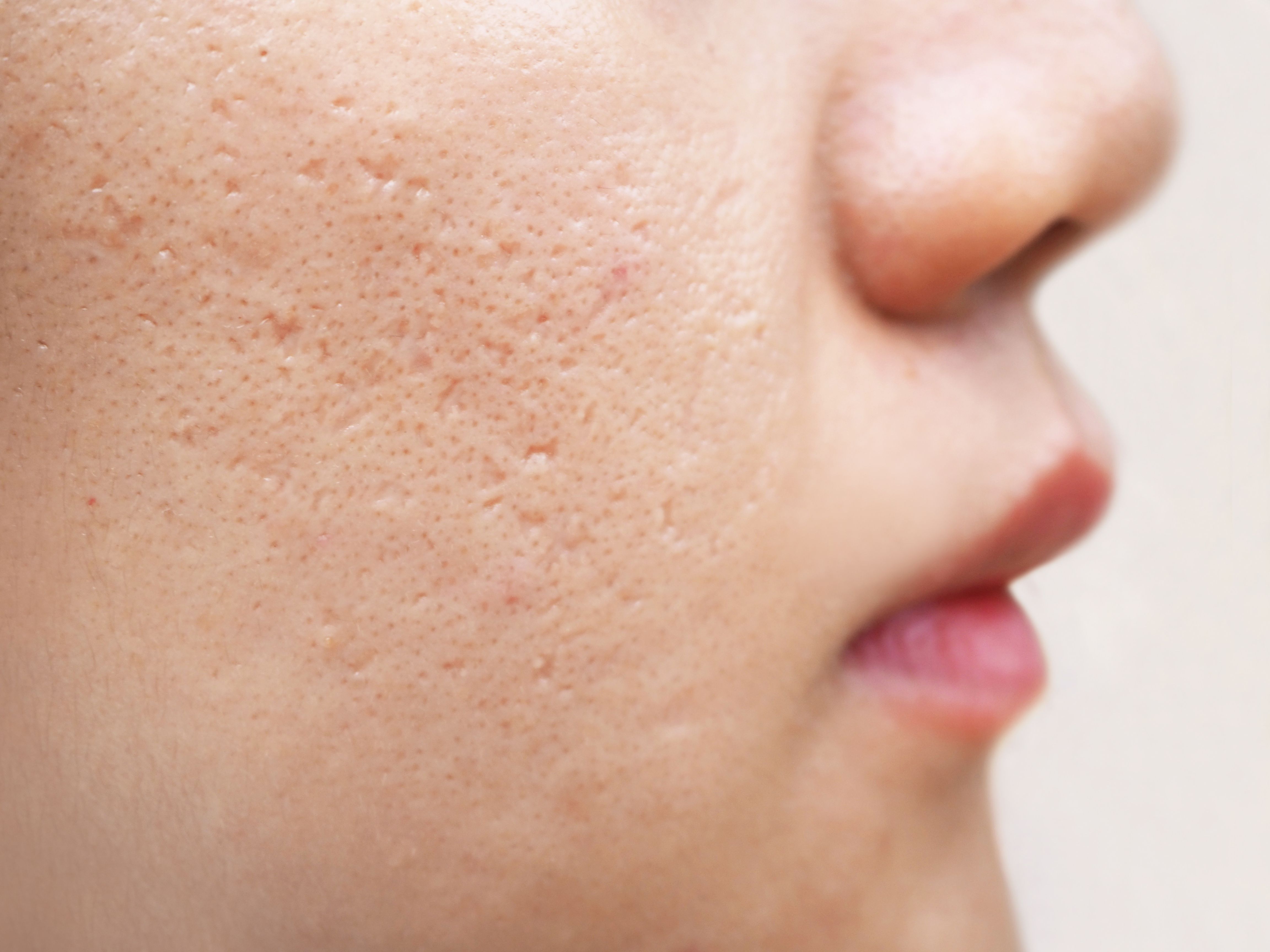- Acne
- Actinic Keratosis
- Aesthetics
- Alopecia
- Atopic Dermatitis
- Buy-and-Bill
- COVID-19
- Case-Based Roundtable
- Chronic Hand Eczema
- Chronic Spontaneous Urticaria
- Drug Watch
- Eczema
- General Dermatology
- Hidradenitis Suppurativa
- Melasma
- NP and PA
- Pediatric Dermatology
- Pigmentary Disorders
- Practice Management
- Precision Medicine and Biologics
- Prurigo Nodularis
- Psoriasis
- Psoriatic Arthritis
- Rare Disease
- Rosacea
- Skin Cancer
- Vitiligo
- Wound Care
News
Article
Study Examines Psychological Comorbidities Among Acne Patients Using Isotretinoin
Author(s):
The most prevalent psychological disorder among patients was anxiety.
Cultura Creative/Adobe Stock

In a recent study published in Cureus, investigators explored psychological comorbidities among patients with acne using isotretinoin, finding that anxiety was the most prevalent psychological disorder in this population.
Investigators Alamri et al sought to define the impact of treatment with isotretinoin on the psychological well-being and status of patients. They noted that while isotretinoin been suspected of contributing to mood changes and even suicidal ideation, causality has never been established.
The study, conducted at a dermatology outpatient clinic in Jeddah, Saudi Arabia, aimed to determine the correlation between isotretinoin therapy, its physical side effects, and the psychological status of acne patients.
The study included 80 participants diagnosed with acne vulgaris and either currently or previously treated with isotretinoin. The demographic and baseline data, including age, gender, acne duration before isotretinoin use, treatment duration and dosage, adherence to medical recommendations, and any history of mental disorders, were collected. The participants were evaluated using the Depression and Anxiety Stress Scale-21 (DASS-21).
The majority of participants were females (81.3%), with 26-35-year-olds representing the most common age group (33.8%). Nearly half of the participants had acne for 2 to 5 years before treatment (45%).
Dryness (91.3%) was the most common reported side effect, followed by muscle pain (63.8%), joint pain (62.5%), and headaches (57.5%).
The DASS-21 assessment revealed depression in 20% of participants, anxiety in 27.5%, and stress in 16.3%. Among those classified as depressed, 56.3% were moderately depressed. The Fischer exact test indicated a significant relationship between a history of mental disorders and depression (p=0.001).
The presence of muscle pain did not show a significant relationship with depression, anxiety, or stress. However, joint pain exhibited positive relationships with depression, anxiety, and stress. Headaches were positively related to depression and anxiety but not to stress. Dryness did not show significant relationships with any psychological factors.
Multivariate regression analysis revealed that participants with a history of mental disorders were 38.2 times more likely to develop depression. Respondents with joint pain were 6.9 times more likely to experience anxiety.
Potential study limitations included the study's limited sample size and cross-sectional survey design.
"To our knowledge, this is the first study to investigate correlations between the adverse effects commonly reported by patients using isotretinoin and the impact each adverse effect has on the patients’ psychological status," study authors wrote. "Based on our results, we recommend that isotretinoin be used with extreme caution when a patient has a history of mental illness. Additionally, the presence of any treatment side effects should be evaluated and promptly managed, as they have been shown to increase the risk of deteriorating the patients’ psychological status. Further studies with larger populations are required, however, to accurately delineate the psychological impact that isotretinoin imposes on patients."
Reference
Alamri A, Khafaji R, Balkhy A, Samarkandy S, Alraddadi A. The Psychological Impact of Isotretinoin Therapy on Acne Vulgaris Patients. Cureus. 2023;15(12):e50612. Published 2023 Dec 16. doi:10.7759/cureus.50612
Newsletter
Like what you’re reading? Subscribe to Dermatology Times for weekly updates on therapies, innovations, and real-world practice tips.











